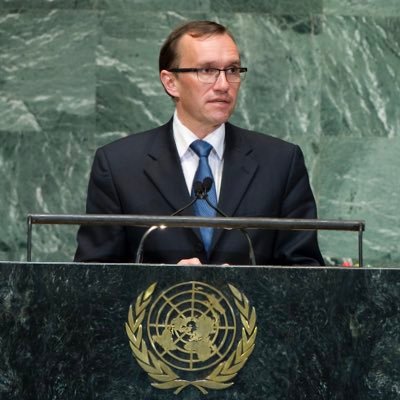Yesterday, the Belgian presidency of the Council of the European Union, alongside the Delegation of the International Committee of the Red Cross (ICRC) to the EU, NATO, and the Kingdom of Belgium, and the Belgian Red Cross, co-hosted a significant event at the Residence Palace in Brussels. The gathering marked the 75th anniversary of the Geneva Conventions, bringing together a panel of experts from various fields to discuss the renewed relevance of international humanitarian law in modern armed conflicts.
The Geneva Conventions, adopted in 1949 in the aftermath of World War II, along with their Additional Protocols, form the bedrock of international humanitarian law, often referred to as ‘the laws of war.’ These treaties encompass critical rules aimed at preserving humanity and dignity during armed conflicts. Among these rules are the prohibitions against torture and rape, the obligations to provide medical care, humane treatment of prisoners, dignified treatment of the deceased, and informing families about the fate of their loved ones.
“International humanitarian law remains as relevant and indispensable as ever,” noted one panelist. “Its rules are simple, practical, and adapted to the main developments in warfare. What we urgently need is the political will to ensure the Geneva Conventions are enforced in full, and to better guarantee they are respected and implemented.”
A key theme of the discussions was the essential role that respect for international humanitarian law plays in promoting a return to lasting peace. This respect, according to the International Court of Justice, must be a long-term commitment that begins in peacetime. “All states have an obligation to respect and ensure respect for international humanitarian law, whether or not they are parties to an armed conflict,” emphasized a representative from the ICRC.
The European Union and its member states are urged to create and maintain a culture of respect for international humanitarian law. This involves disseminating the rules to all those directly involved and effectively combating dehumanization, which is seen as the first step towards barbarity.
The event highlighted the enduring significance of the Geneva Conventions and the need for continued commitment to their principles. As conflicts evolve, the fundamental rules designed to protect humanity in war must be upheld with unwavering resolve.




